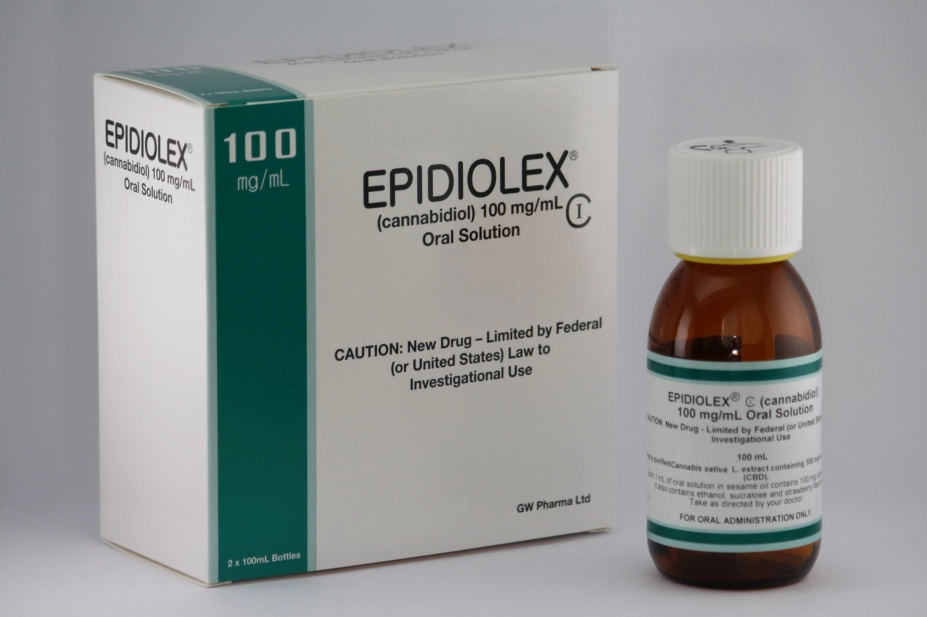
GW Pharmaceuticals
The cannabis-based medicine Epidyolex (cannabidiol; GW Pharma) will be easier to prescribe and dispense, following its move from Schedule 2 to Schedule 5 under the Misuse of Drugs Act, Gino Martini, chief scientist at the Royal Pharmaceutical Society (RPS) has said.
On 24 June 2020 the Home Office announced that it had reclassified the drug with immediate effect across the UK, following a recommendation from the Advisory Council on the Misuse of Drugs’s (ACMD’s) Technical Committee on 29 January 2020. In its recommendation, the committee said that the low levels of tetrahydrocannabinol in Epidyolex — “present only as an impurity and … specified within the product’s approved marketing authorisation to be limited to <0.10% w/w” — meant that the drug presents “a low risk of abuse potential, low risk of dependency and low risk of diversion”.
The ACMD said that the amendment to the Misuse of Drugs Regulations 2001 should not refer to the proprietary name “Epidyolex”, and should instead include a “suitable description of the relevant component(s)” of the medicine.
On 18 December 2018 the National Institute for Health and Care Excellence recommended that the medicine, which is used alongside clobazam, should be provided by the NHS as an adjunct therapy for two severe forms of epilepsy: Lennox-Gastaut syndrome and Dravet syndrome.
The RPS was asked by the Home Office for its views on rescheduling the drug. Martini said that the Society supported the move, which would “be beneficial to patients and will provide more flexibility in prescribing and dispensing of this medicine.
He added that “rescheduling Epidyolex would assist in the emergency supply of this medicine as and when the need arises, which is an important factor when considering [its] indications.”
Chris Tovey, chief operating officer at GW Pharma, said that the move “is an important one for patients, their families, healthcare professionals, pharmacists and the NHS as a whole — reducing costs and ensuring the medicine can be dispensed more easily”.
In a statement, the company said that the decision meant patients would have “greater flexibility on the quantity of medicine they can receive and be able to benefit from repeat prescriptions, thereby potentially reducing travel to hospital pharmacies, while healthcare professionals and pharmacists will benefit from reduced controls around the storage and reporting requirements that exist for medicines under Schedule 2”.


